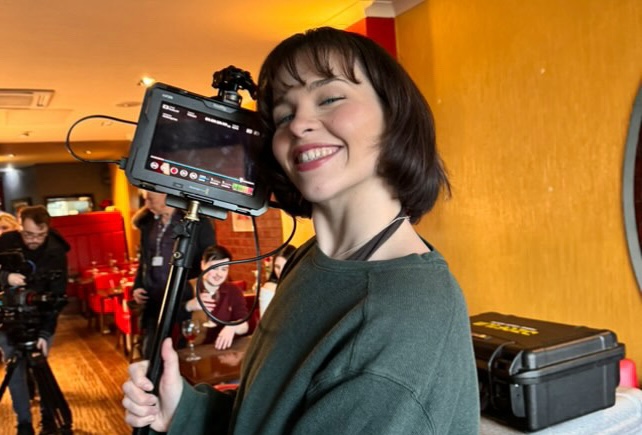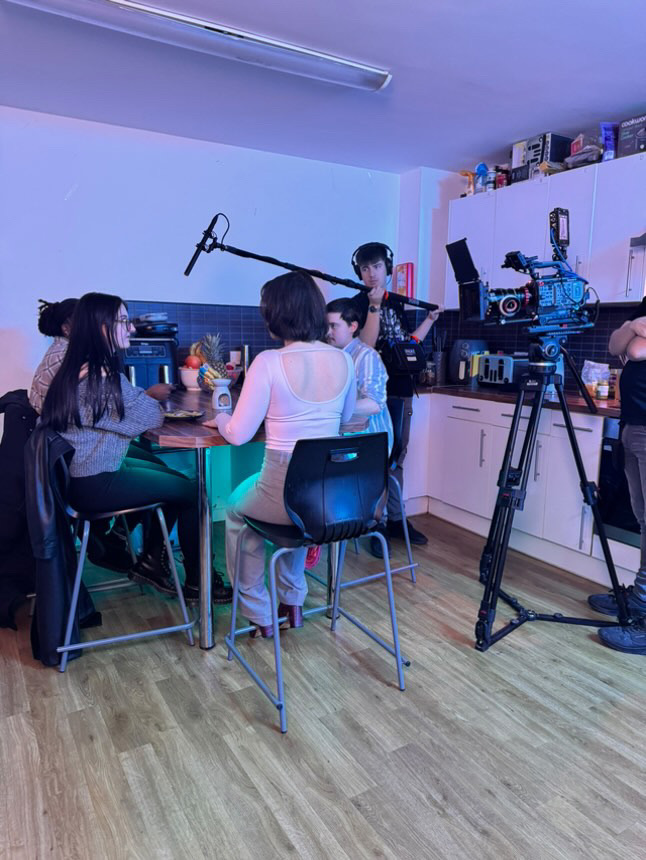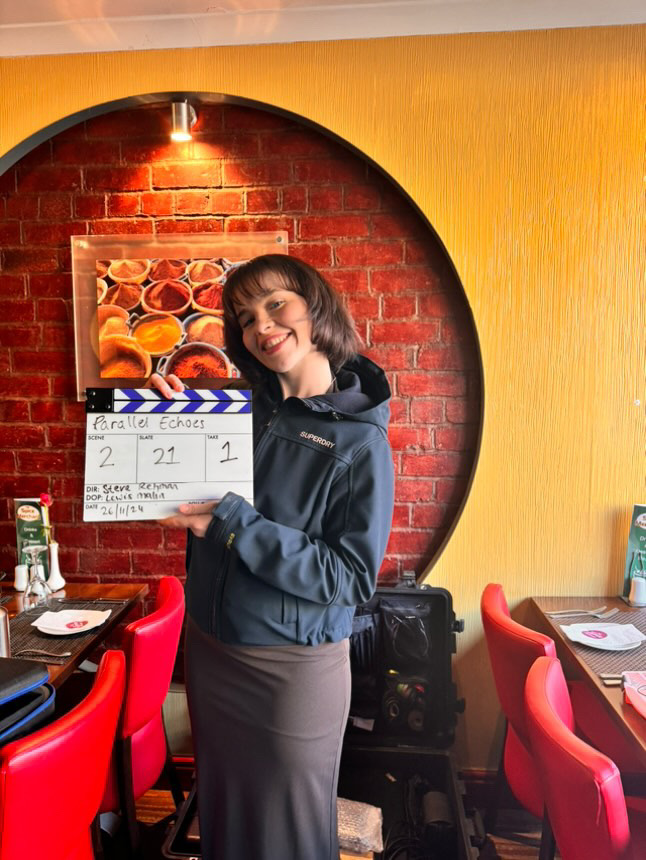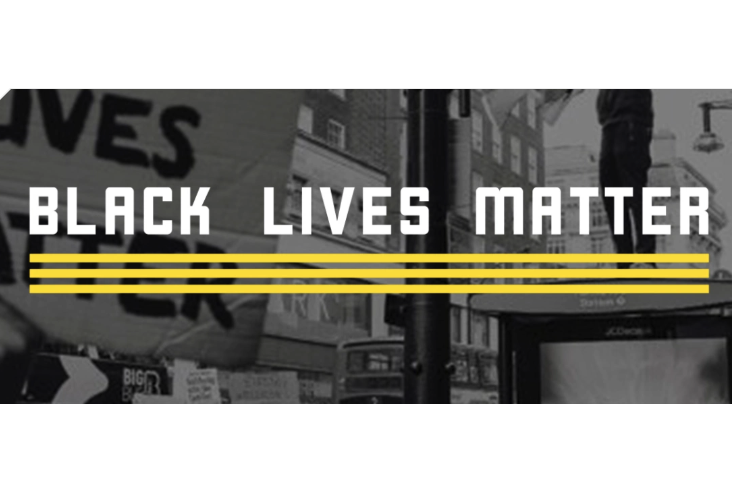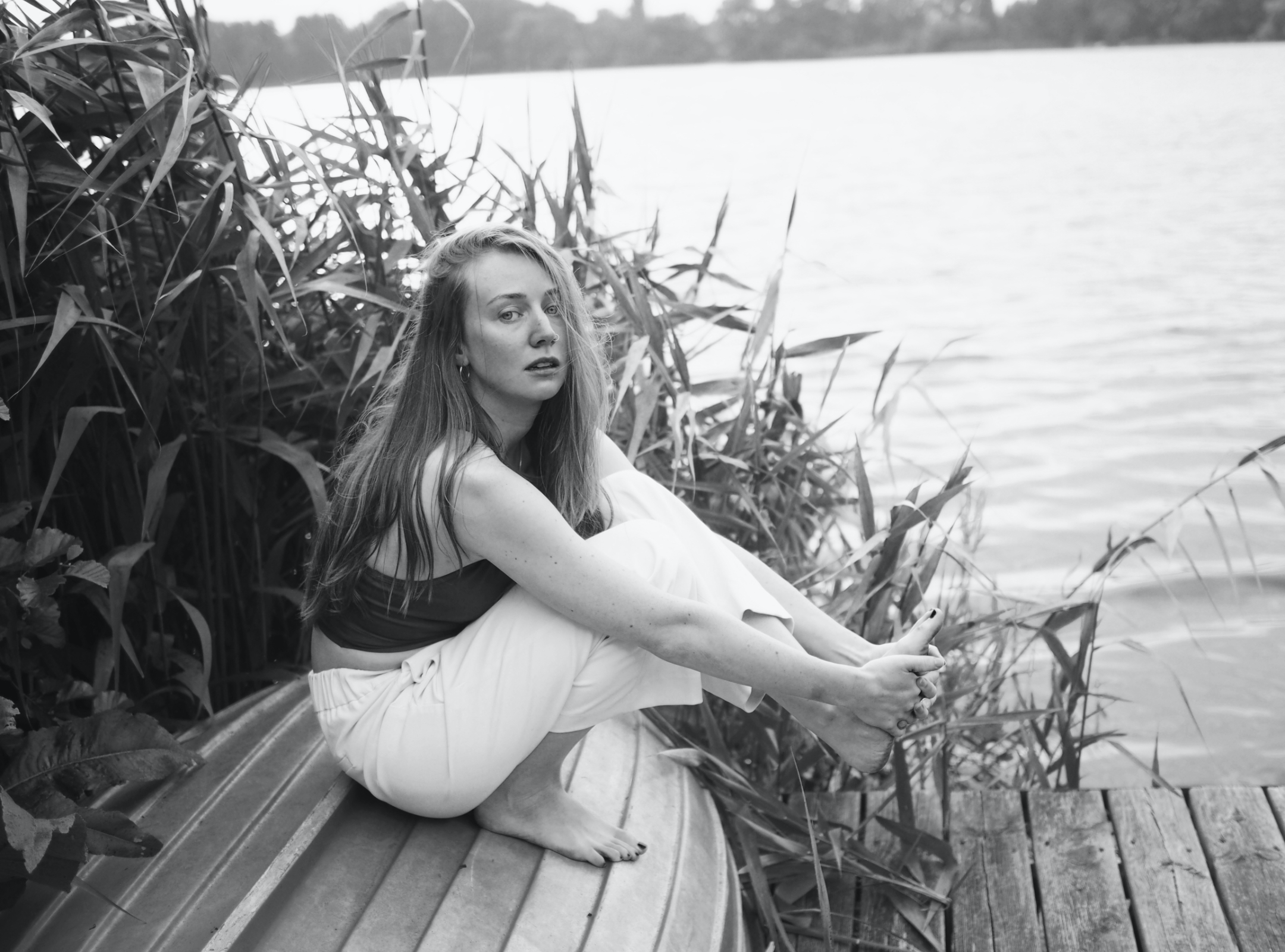In their third year, our BA (Hons) Acting for Stage, Screen and Digital Media students take part in an Advanced Acting for Stage and Screen module, in which our training actors put the skills they have learned into practice. We caught up with Birmingham student Freya Clayton to find out more about her experience of playing girlfriend Sara, and her AI robot replacement in short film Parallel Echoes.
How did this project begin?
We came back from break and met the director Steve, who had written the scripts. We did table reads, then got cast – no auditions, just cast based on our castability and look, and what would benefit your development. We had reads, then went on to doing character work and script analysis. We had lots of improv classes at the beginning stage too – thinking about story beats, moments before and after, where you’ve come from, and the characters.
What were your feelings when you got the part of Sara?
Initially, I found it daunting and I felt nervous – it’s something I’d never done before. No one in my class had done it. We’d done animal studies – I’ve been a lion licking the ground – but I’d never been a robot. It was scary because it’s one of our final projects, and the character felt so far away from me. I had to figure out how to become not just a character, but a robot who doesn’t think, move, or do anything like a human being.
Within the film, it wasn’t just my movement – I watched Humans on Netflix to understand how they move and work. I had contact lenses to give off that robotic look. It made me understand that screen is minimal anyway, but robots and AI are even smaller – so minimalistic yet precise with what they’re doing. Even my articulation had to be crisp and on point, because a robot doesn’t go wrong. AI knows everything, so there was a lot to consider.
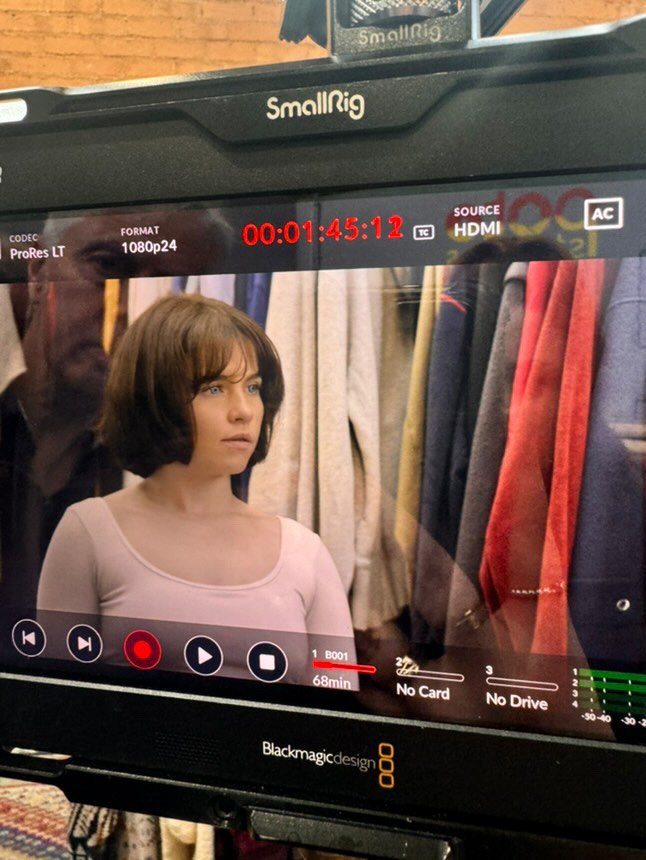
What was your biggest challenge when playing Sara?
Freya: The malfunction bit – a scene where Sara had to malfunction. I struggled with it, despite all the improv classes. I watched so much to see how robots could malfunction, but it has to feel right in my body. The day we were filming, I decided to just relax and let my gut guide me.
CJ, who played Ben, helped me out a lot. We changed the script because the original line “reboot 2456” sounded too much like something from Captain America. We needed it to sound like we’re actually turning a robot off.
I kept it minimal – just really thought about my face. When I watched the film and saw my eyes go, it looked amazing. It’s funny because the amount of hard work, stress, and anxiety that went into that one-second moment paid off. All that build-up for what’s maybe five seconds on screen.
How did it feel to see the final film on the big screen?
When we were filming, I honestly thought that AI Sara wasn’t creepy – I thought she was very sweet. But when we watched it in the cinema, you could hear people saying “that’s so weird” or “that’s so creepy.” When I watched it back, I was like “yeah, this actually is really weird.”
During filming, because I became her so much and had programmed my brain to think she was this sweet, innocent girlfriend who only knew what Ben had told her, I never thought of her as creepy. Watching it back was interesting to see how I felt in that moment as her versus how it really looks on screen to the audience.
What did the filming process teach you about acting?
It was interesting to learn more about my castability – understanding how you’re perceived, and what you’re more likely going to be cast as. For me, that could be anything from teen mum, crazy aunt, or period drama because I’ve got the right appearance and manner. I’m told I give off a strong, bold “don’t mess with me” type look too. I never thought I’d give off the look of playing an AI girlfriend or robot!
The process also taught me a lot about improv on screen and adaptability. A lot of us think improv is just for fun classes and theatre, not screen work. It’s about being collaborative as a group – understanding not just the other characters, but how each cast member interprets them. Sometimes when you audition, the script isn’t even written yet, so you have to be like a sponge and soak everything up. I learned about being free and letting things roll out as they come.
How do you think this project has prepared you for your future career?
I learned it’s not just about your performance – there’s also the technical side. Understanding how the crew work with you on a professional job: continuity, hitting your marks, eye lines, how many different shots are taken. We had a table scene where Steve had to get different takes for every eye line. You understand it can be a long process with different shot angles and sizes. Doing these films helps because most people on the course likely won’t have done professional work or been on big sets. You get taught and told about it, but you never really see it. Actually being in the shoes, working with camera operators, ADs, directors, script supervisors – it’s like a stepping stone showing you what it’s going to be like. These films help you step onto that playing field and visualize it rather than just being told, because there’s a difference between being taught something and actually doing it.
What advice would you give to someone applying for Performers College?
I think it’s a brilliant course. We’ve had professionals come in to advise us, massive opportunities – like soon something mega exciting is happening as a direct result of meeting someone at Performers College. Be nice to everyone. Make friends. Network with every single professional they bring in. Find who you are as an actor – the course helps you define and understand your craft as an individual.
Come in with an open mind. It is such a good course. The lecturers are great, funny, humble, and they really care. They want the best for people on the course, and you can see it through the opportunities they give us.
To discover more about Performers College, including auditions and how to apply, contact us at [email protected] or you can Apply Now, or book an Open Day on our Events page.
